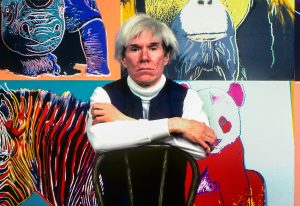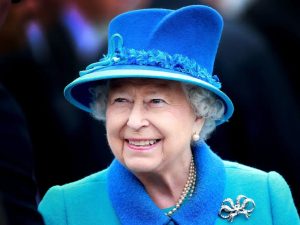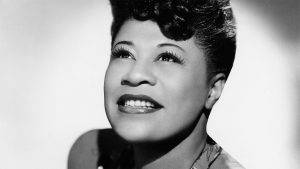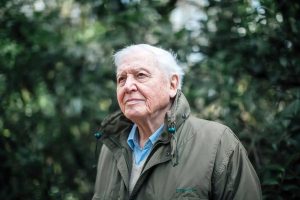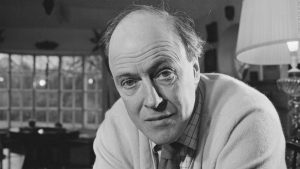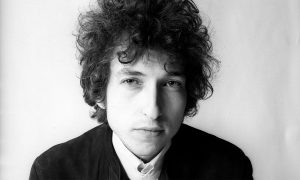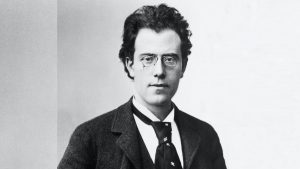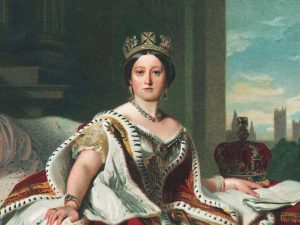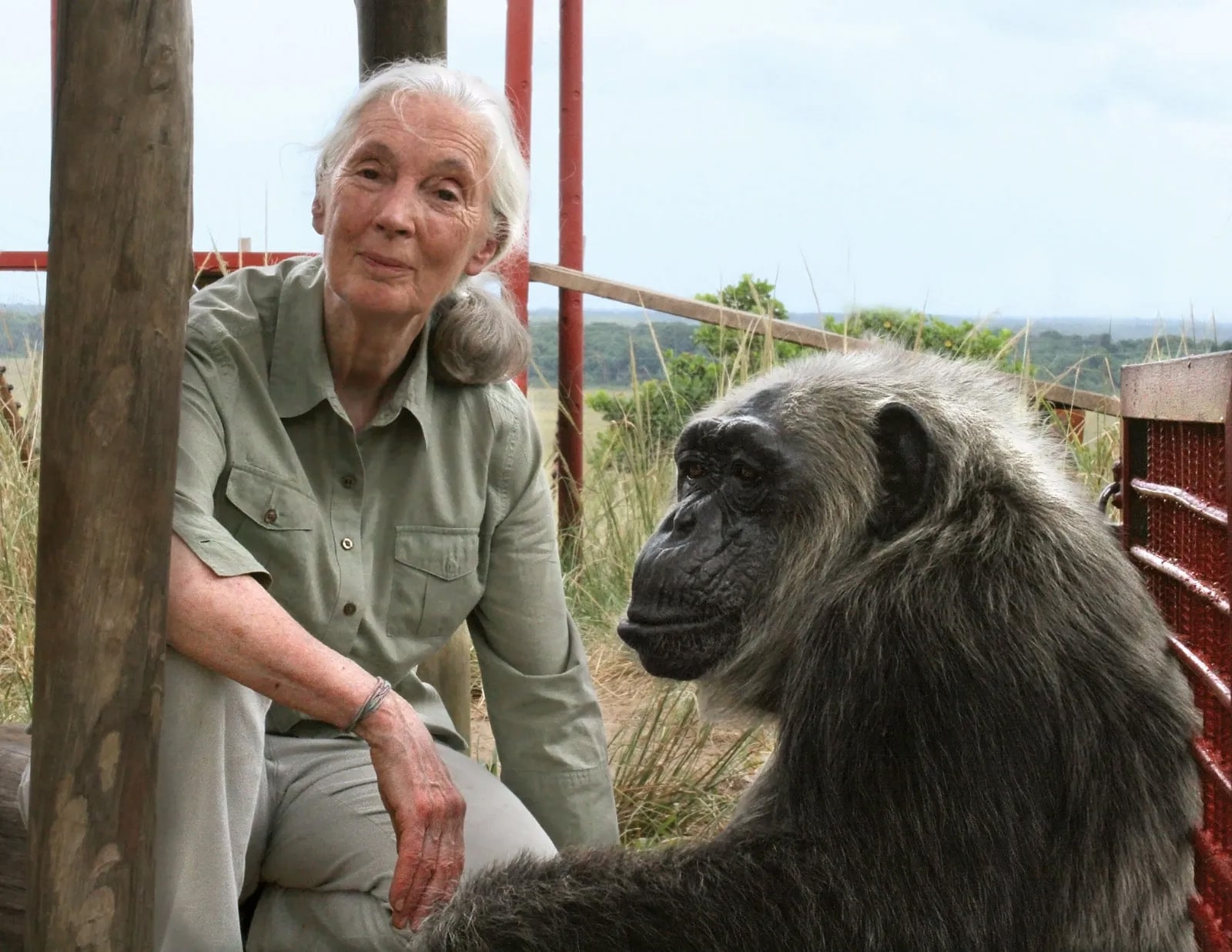
20 interesting facts about Jane Goodall
- 👁️ 1266
Jane Goodall is a globally renowned ethologist and conservationist, best known for her remarkable studies of wild chimpanzees. Born in London in 1934, she travelled to Gombe Stream National Park in Tanzania in 1960 and began her groundbreaking research, challenging many scientific conventions of the time. Her work has provided deep insights into the behaviour and social organisation of chimpanzees, fundamentally altering our understanding of our closest living relatives. This intriguing selection of facts highlights Goodall’s life and career, painting a vivid portrait of her enduring influence in the fields of ethology and conservation.
- Jane Goodall was born on 3rd April 1934, in London, England.
- Her full name is Valerie Jane Morris-Goodall.
- As a child, she was gifted a toy chimpanzee by her father, which she named ‘Jubilee’, sparking her lifelong interest in animals.
- Goodall moved to Africa in 1957 and began assisting the anthropologist Louis Leakey.
- In 1960, she started studying the Kasakela chimpanzee community in Gombe Stream National Park, Tanzania.
- Goodall was the first to observe chimpanzees making and using tools, which was previously thought to be a trait exclusive to humans.
- Her observations on meat-eating and cannibalism among chimpanzees also challenged established beliefs that these animals were primarily vegetarian.
- She introduced the practice of giving names to her study subjects instead of numbering them, a departure from traditional scientific protocols.
- In 1965, she became the eighth person to be allowed to study for a Ph.D. at Cambridge University without first obtaining a BA or BSc.
- Her doctoral thesis, completed in 1966, was titled ‘Behaviour of the Free-Ranging Chimpanzee’, detailing her first five years of study at the Gombe Reserve.
- In 1977, Goodall established the Jane Goodall Institute, dedicated to research, education, and conservation.
- Goodall was appointed a Dame Commander of the Order of the British Empire (DBE) in 2003.
- She was named a United Nations Messenger of Peace in 2002.
- The Jane Goodall Institute’s Roots & Shoots programme, initiated in 1991, is a global youth-led community action initiative with groups in more than 50 countries.
- She has received many awards for her environmental and humanitarian work, including the Kyoto Prize in 1990.
- Her first book, ‘In the Shadow of Man’, published in 1971, brought her observations to a wider public audience.
- She has remained a devoted vegetarian and an advocate for animal rights throughout her life.
- The 2017 National Geographic documentary ‘Jane’ provided an intimate look at Goodall’s life and work, featuring previously unseen footage from her early research days.
- She continues to lecture and advocate for environmental causes around the world, despite being in her 80s.
- Goodall’s research findings have been central to understanding human evolution, and she has significantly contributed to the fields of primatology and ethology.
Jane Goodall’s pioneering research has redefined our understanding of primates and our own place in the animal kingdom. Her empathetic and patient approach to animal observation brought previously unseen aspects of chimpanzee society to light, challenging conventional scientific wisdom. Goodall’s profound impact, however, extends beyond her scientific contributions, as her tireless environmental activism and advocacy for animal rights have inspired generations to respect and protect the natural world.
